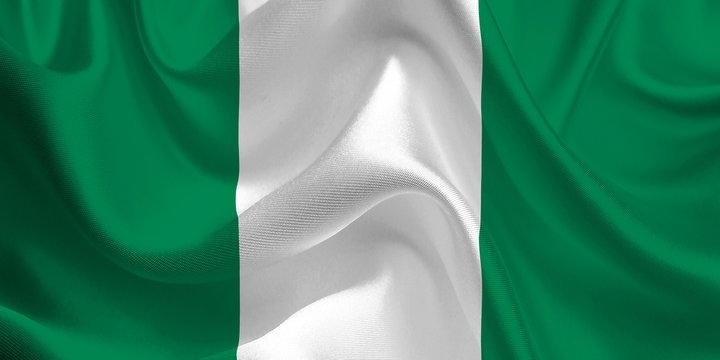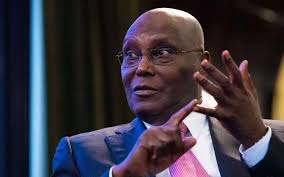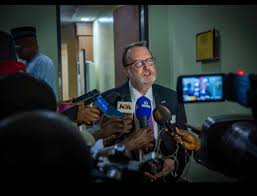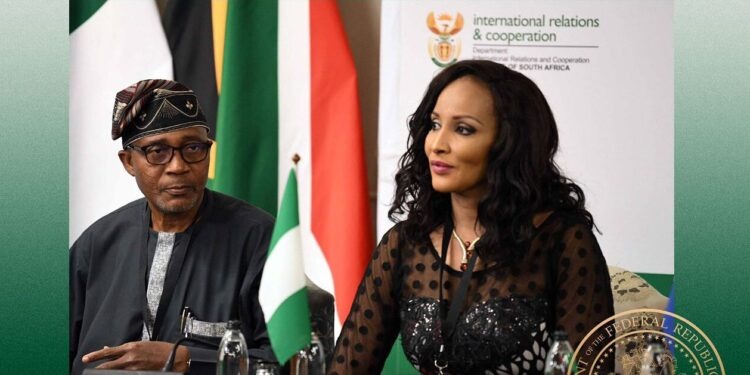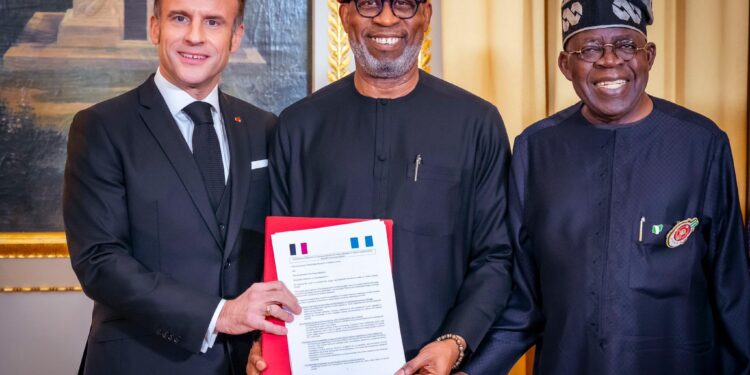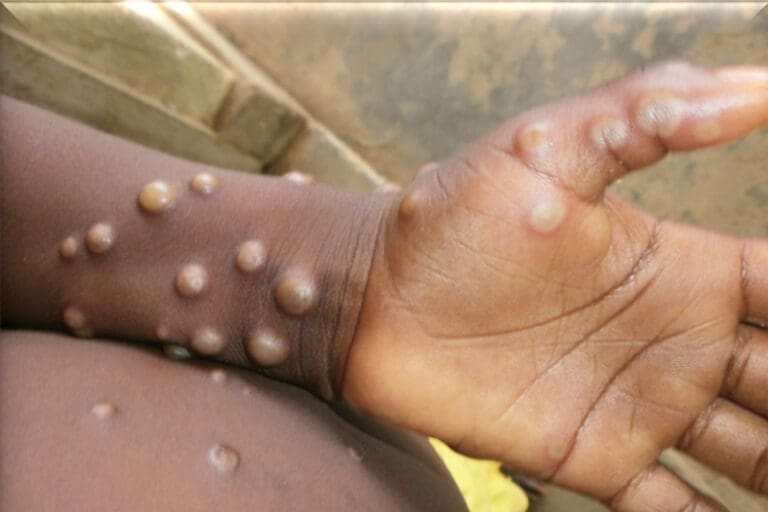The United Kingdom’s Department for Business and Trade (DBT) says it has successfully concluded its Cybersecurity Inward Trade Mission to Nigeria, strengthening cybersecurity collaboration between the two nations. The British High Commission in Nigeria said this in a statement on Friday in Lagos. It said the trade mission which held in Abuja and Lagos, fostered …

